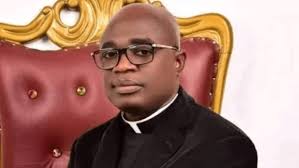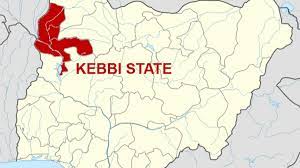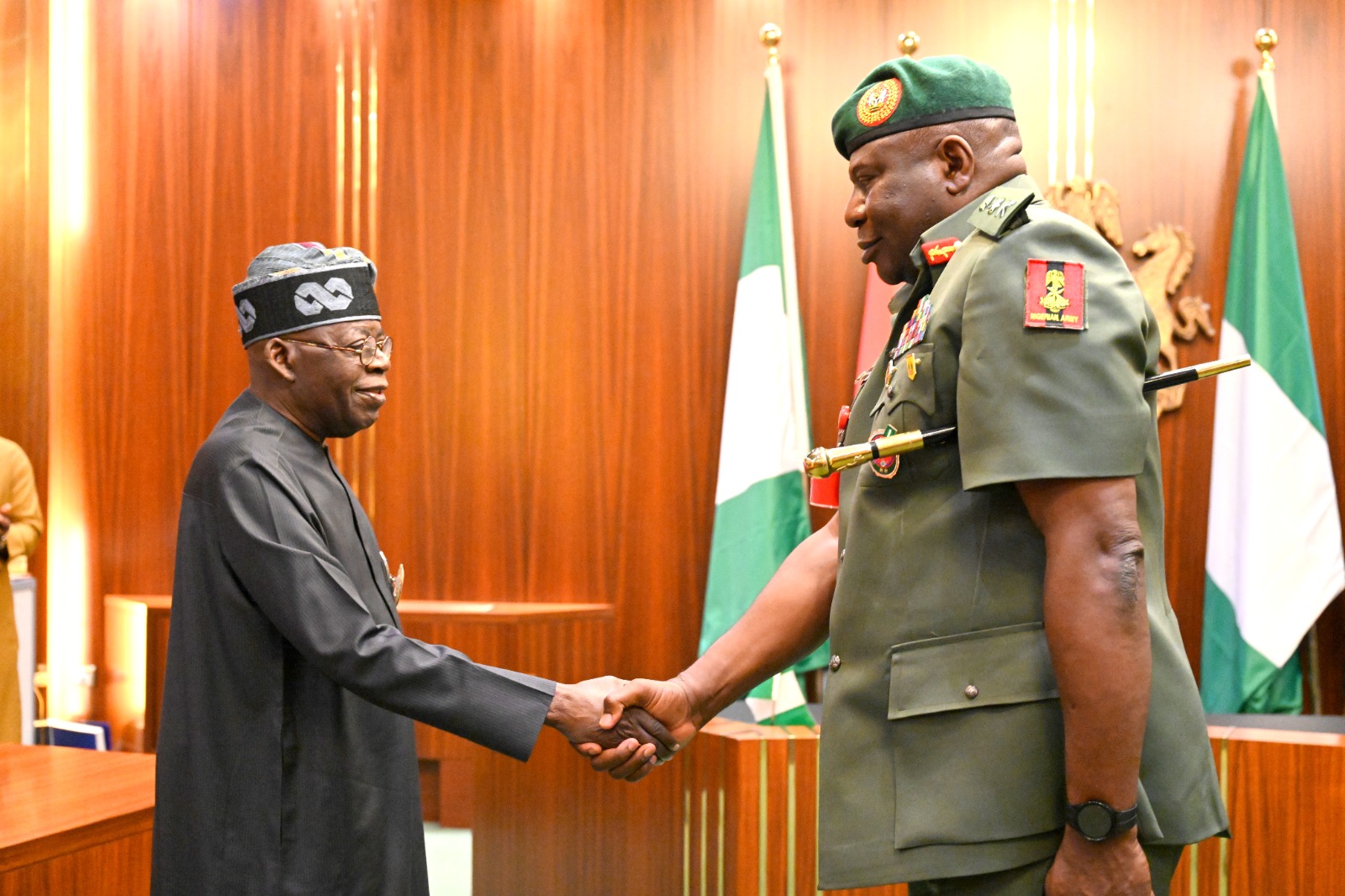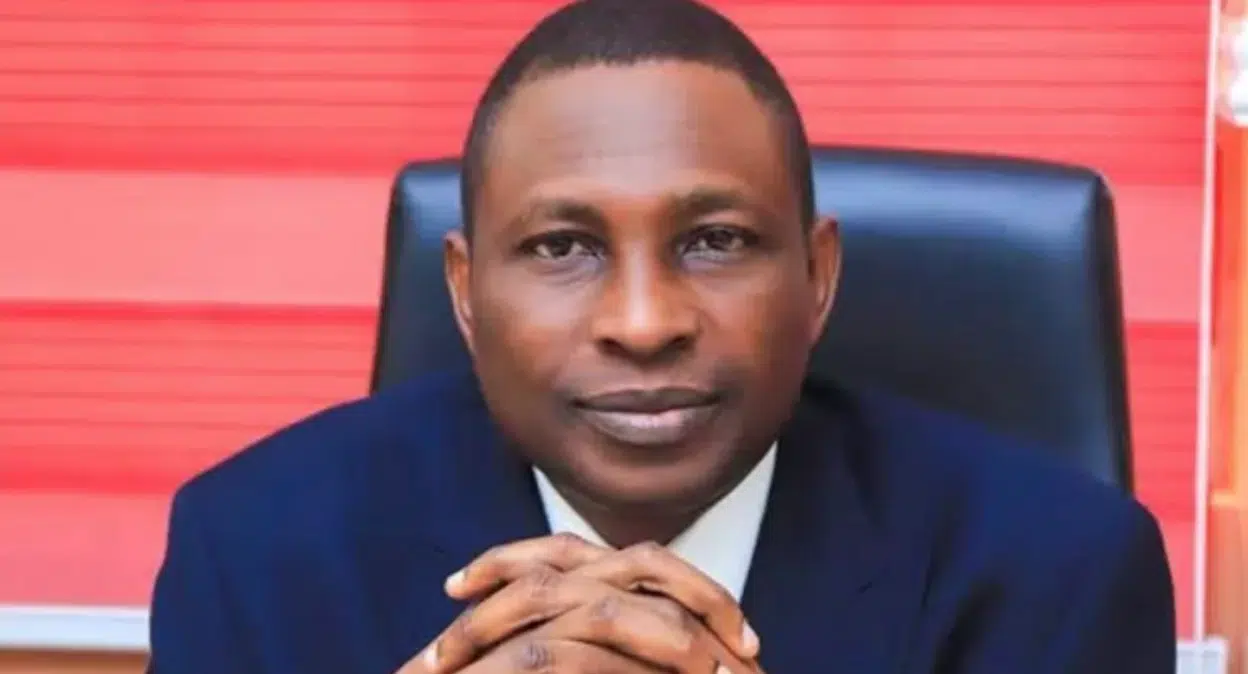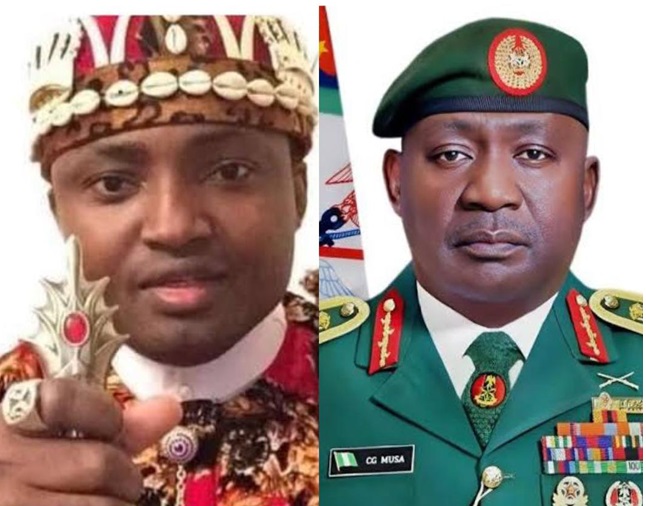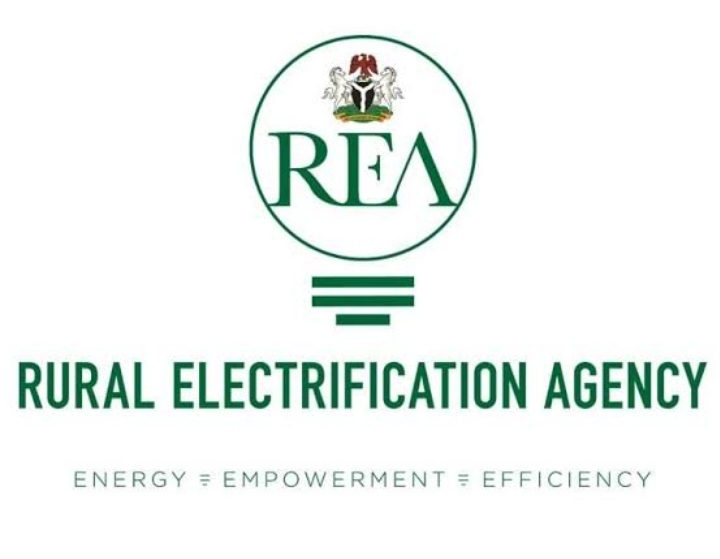For some time now, the menace of vote-buying has plagued Nigeria’s elections, and till today, it has remained the greatest threat to the nation’s electoral system; KEHINDE OSASONA writes.
Lately, pundits in the political firmament have described vote-buying as the new impediment to a free and fair election, just as the event of the last few years appears to have validated their fears.
Before the Fourth Republic, it would be recalled, Nigeria’s electoral system had several anomalies, ranging from god-fatherism, ballot box- snatching, thuggery, and malfunctioning of voting machines, among others.
Although the automation of the use of Permanent Voter Card (PVC) has helped in checkmating rigging of elections across the country over the years, the vote-buying trend that just crept in has become hydra-headed, with new dimensions being witnessed at every election.
Precedents, arguments
In the recently held governorship elections in Anambra, Ekiti, and lately Ondo states, reports of vote-buying and open inducement of voters with money by political parties and their agents increased at an alarming rate. In some instances, the perpetrators carried out the act at the polling units with the full glare of security agents and officials of the Independent National Electoral Commission (INEC).
While commenting on the assertions recently, Rotimi Oyekanmi, the Chief Press Secretary to the INEC chairman, Mahmood Yakubu,
was once quoted in an interview as saying that the Commission was strategising on modalities for checking vote-buying, adding that it would adopt a method that would make it difficult to reveal which political party a voter was casting vote for.
He noted that all stakeholders, not only INEC, must come together to deal with the threat that vote-buying poses to elections and democracy.
“All Nigerians should be concerned. In the real sense, it is not a new phenomenon, but I consider it a welcome development that serious attention is being given to it now, arising from what happened during the Ekiti governorship election,” Oyekanmi said.
Despite their insistence that vote-buying is as old as elections in Nigeria, some political analysts said their fears stemmed from the fact that they admitted that vote-buying is getting out of hand and now a major threat to the country’s democracy.
Concerns
Speaking on the development, Ariyo-Dare Atoye, a co-convener, Center For Liberty, expressed worries over the roles played by desperate politicians at inducing voters with money at every given opportunity.
He said, “Sadly, our investigation has revealed that vote buying now constitutes more than 50 per cent of the election budget of some political parties.
“As a nation, we must do everything to fight the cancerous spread of vote buying, and the onus is on the National Assembly to ensure that the ongoing amendment of the Electoral Act, can reasonably address the crime of vote buying and selling.
“Consequently, we wish to call on the National Assembly and INEC to immediately fashion out a legally driven framework for standardising the process of voting on Election Day by guaranteeing the secrecy of votes in a manner that will prevent vote-buying conversers from monitoring voters. In essence, protecting voters and securing the secrecy of votes can help to reduce or discourage the growing menace of vote-buying.
“On our part as a non-governmental organisation that is presently focused on Electoral Reforms, among other core issues bordering on democratic governance and social change in Nigeria, we will be embarking on a massive campaign to discourage vote buying among the people.”
Also speaking, the chairman of the Action Alliance (AA) in Kwara state,
Prince Oladele Oluseun Sunday Whyte, said curbing the menace of vote-buying in Nigeria is a challenging task, but that with the desired seriousness and a multi-faceted approach, it can be curbed.
Also, referring to the Ondo election, Whyte added, “The recent governorship election in Ondo state has once again highlighted the prevalence of this issue.
“However to tackle vote buying, we need to understand the causes and address them accordingly.
“Poverty and Economic Hardship for instance is a big factor. Many voters are induced by monetary incentives due to economic hardships, teka ko se obe, meaning ‘vote and cook soup’ is a popular phrase on the eve of election in the Yoruba speaking communities in Nigeria, this simply means people will sell their votes for the temporary relief of the peanuts.
“Another factor is the lack of education and awareness of the democratic process and the value of vote as many Nigerians don’t believe that their votes really count.
“Aside from that, corruption and political manipulations as exemplified by politicians give room to exploit vulnerable voters, thereby undermining the integrity of the electoral process.”
Similarly, a political commentator, Adigun Japhet, said combating vote- buying should be a collective responsibility, adding that politicians, voters, journalists, CSOs, and the government all play a role in perpetuating the menace. However, he said by working together, all stakeholders can create a culture of accountability and transparency, ensuring free and fair elections in Nigeria.
“I also think culprits should be punished because the trend is likely to continue if perpetrators were not punished. The latest being that it is now the ruling party that is doing it the most. Look at what happened in Ekiti, they also tried it in Anambra. It was done in the presence of the police without any action. It would continue until the people involved are brought to book,” he said.
Going forward
On what could be done to stop the scourge, Whyte said called for the enforcement of existing laws against vote buying in the country.
The laws, according to him, have become mere paper tigers, toothless bulldogs, strengthening of the Electoral Act and prosecution of offenders, saying it can deter vote buying in the country.
Whyte also harped on economic empowerment as a way out, saying the government should create more initiatives to alleviate poverty and promote economic growth that can reduce voters’ susceptibility to inducements.
“Voter education and awareness is also very key as education programs are capable of enlightening voters on the significance of their vote and the democratic process. In fact, this is where the National Orientation Agency (NOA) function comes in.
“Collaboration between government and Civil Society can help address underlying factors and promote transparency in the electoral process.
In his own contribution, a lawyer and former NBA chairman, Kwara state branch, Issa Manzuma, said for smooth conduct of elections in the country, somebody must be convicted to serve as deterrents to others.
Manzuma said, “Nobody had been convicted for these crimes before now and that is why the scourge is now festering.
“The sponsors after their victory at the pool wait for the defeated candidate to go to the election tribunal, where they lose again because of the difficult task of proof.
Going forward, I think the Electoral Act 2022 should be amended to give INEC the power to disqualify candidates who engage in malpractices during the election.
“The burden of proof in election petitions should also be relaxed, while INEC itself should be reorganised and unbundled so that there is an institution that can deal with electoral crimes.
“Security agencies must be properly motivated to perform the task of enforcement of the Law order.”
Likewise, a cleric, Pastor Tom Akhile, noted that without the fear of God, people perpetrating crimes and anti-societal attitudes won’t stop their stock in trade.
“The fear of God according to the bible is the beginning of wisdom. I think as Nigerians, we should all fear God and allow our governments at all levels and government institutions work well for us.
“The rulers too should fear God, stop stealing and fix Nigeria for posterity’s sake,” Akhile said.

 6 hours ago
5
6 hours ago
5


